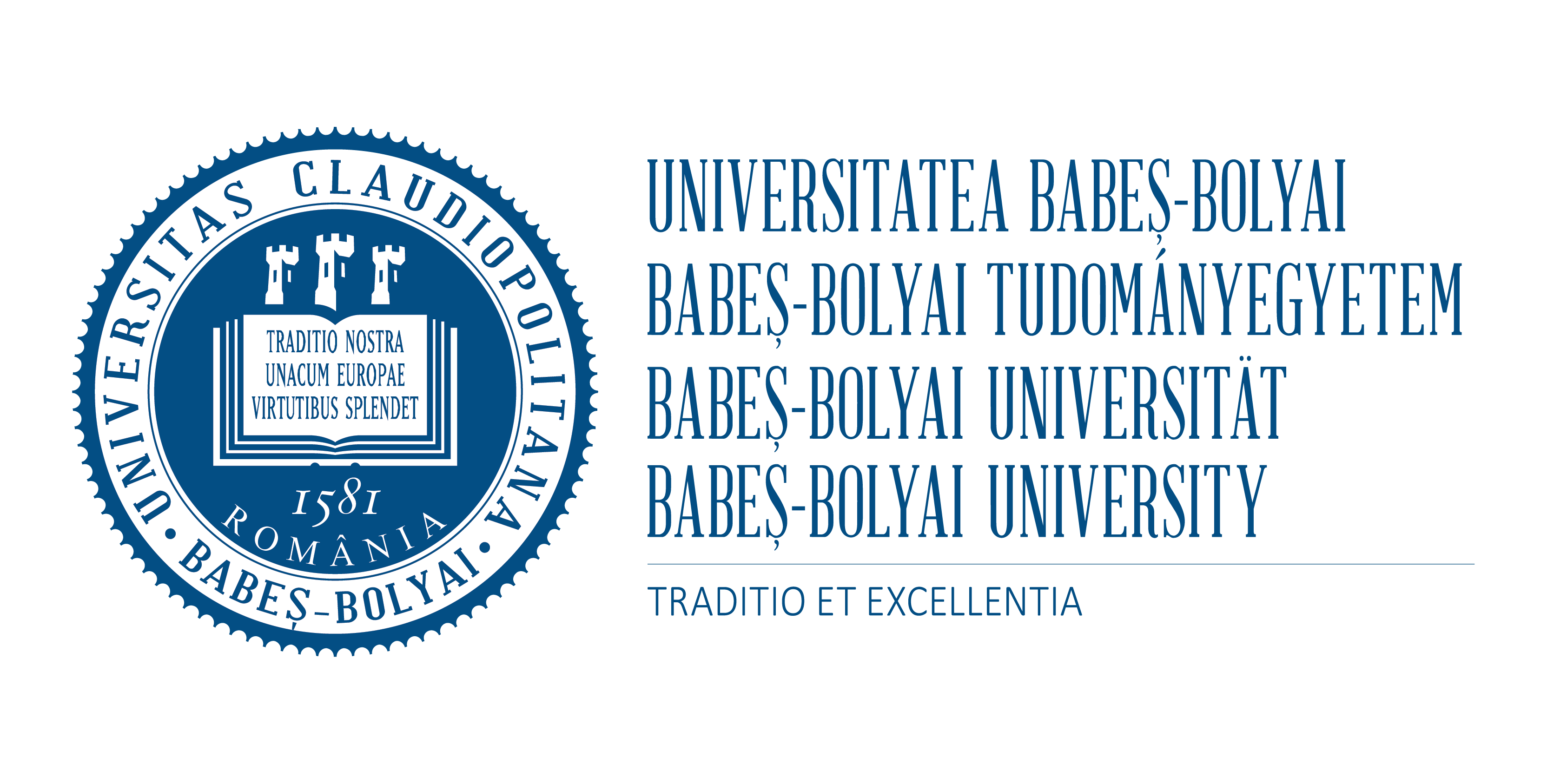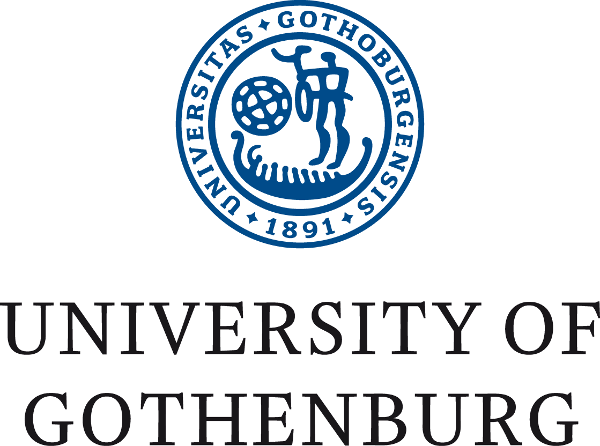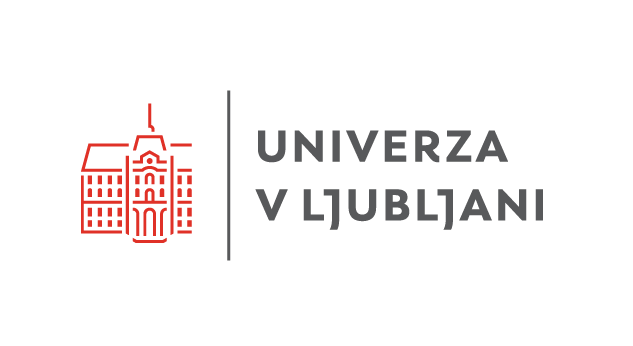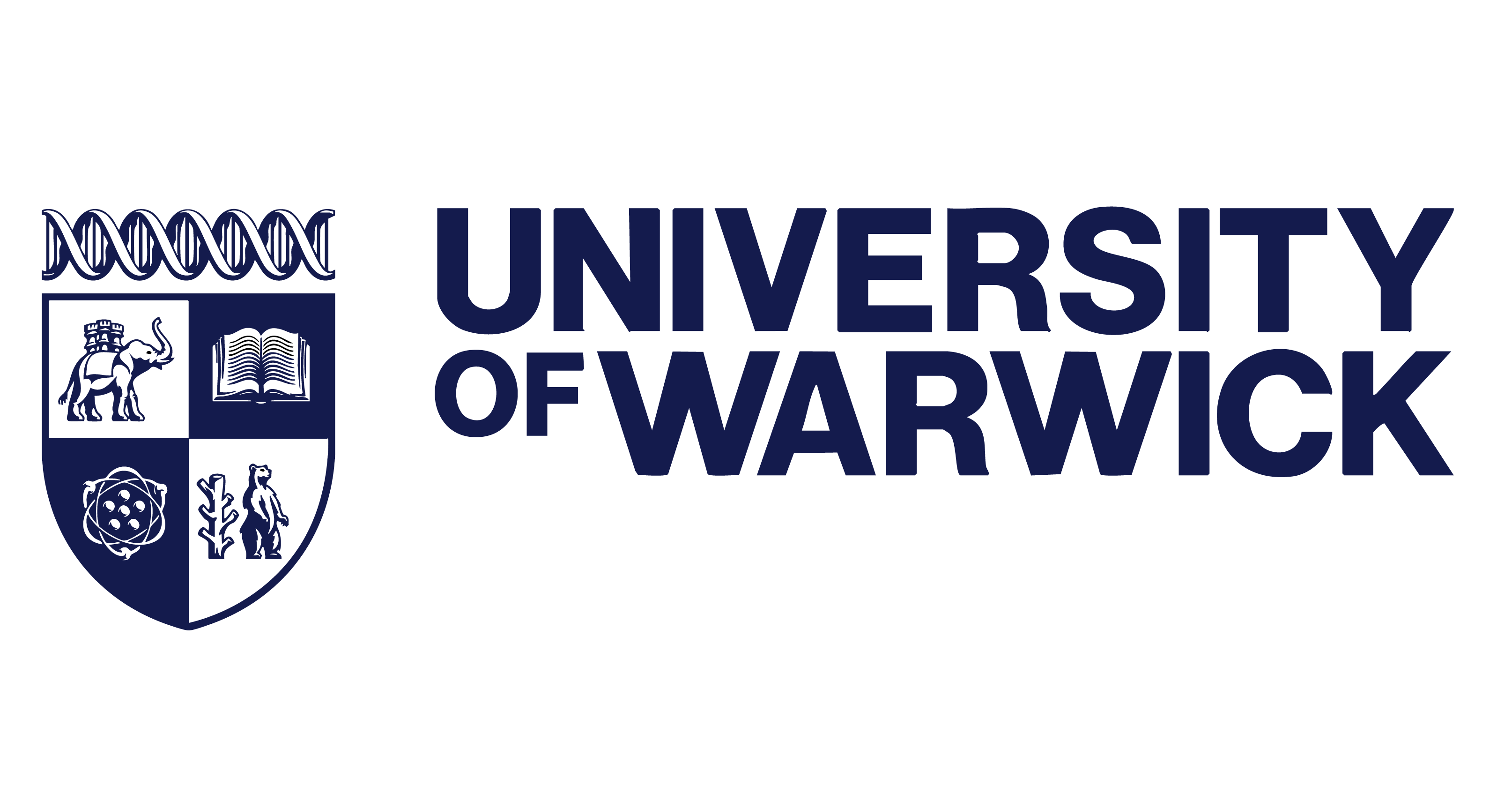You are here :
- EUTOPIA website
- Home
- About us
- Information
- Members
Members of the Alliance
EUTOPIA is an ambitious alliance of 10 like-minded universities ready to reinvent themselves: the Babeș-Bolyai University in Cluj-Napoca (Romania), the Vrije Universiteit Brussel (Belgium), the Ca' Foscari University of Venice (Italy), CY Cergy Paris Université (France), the Technische Universität Dresden (Germany), the University of Gothenburg (Sweden), the University of Ljubljana (Slovenia), the NOVA University Lisbon (Portugal), the University of Pompeu Fabra (Spain) and the University of Warwick (United Kingdom). Together, these 10 pioneers join forces to build the European university of the future.
Each university holds several campuses deeply related to its territories. They have built solid ties with their communities, institutional structures, and local companies.
EUTOPIA students, researchers, and staff work together to build a new academic model, reflecting an open and united Europe, respectful of the citizens and the environment.
The mission of EUTOPIA is to build, in the long term, a unique and daring alliance of transformative and engaged institutions.
Members
- The Babeș-Bolyai University
-
Today, UBB is a complex multicultural university with three lines of study in Romanian, Hungarian, and German, offering academic programs in 17 languages.
The Babeș-Bolyai University of Cluj-Napoca, Romania (UBB), is the largest and one of the oldest universities in the country, with an academic community of about 50.000 people. Almost 45.000 students are enrolled in undergraduate, graduate, PhD, and non-traditional academic programs in 21 faculties and one teacher training department. Today, UBB is a complex multicultural university with three lines of study in Romanian, Hungarian, and German, offering academic programs in 17 languages.
UBB’s main areas of study range from art/humanities, social sciences, life and natural sciences, mathematics/ computer sciences, and engineering and technology. UBB is also the host of 24 cultural centres, foreign institutes, and libraries. Babeș-Bolyai is the only University in Romania to host such a diversity of cultures under its institutional umbrella, as proof of its multiculturality and engagement in the academic and local/regional communities.
UBB holds the highest position in Romania in the University Metaranking – a comprehensive academic ranking combining major international university rankings, like ARWU, QS, THE, etc. Babeș- Bolyai University is firmly attached to its essential values regarding tradition and excellence in research, education, and relationship with society, following its academic motto: traditio nostra unacum europæ virtutibus splendet.
UBB features as the EUTOPIA University of the Month in June 2024. Check all the links! - The Vrije Universiteit Brussel
-
By providing excellent research and education on a human scale, VUB wants to make an active and committed contribution to a better society.
The Vrije Universiteit Brussel (VUB) is an internationally oriented university in Brussels, the heart of Europe. By providing excellent research and education on a human scale, VUB wants to make an active and committed contribution to a better society. It is an “urban engaged university”, firmly anchored in Brussels and Europe and working according to the principles of free research.
VUB was founded in 1970 but originated from the French-speaking Université Libre de Bruxelles (ULB), founded in 1834 to be independent of church and state and a place where academic freedom would reign. Both universities still consider that mission paramount.
VUB offers more than 19,000 students and nearly 150 study programmes in Dutch and English, spread over eight faculties in life sciences, natural sciences, and human sciences. 23% of the student population is international, with 145 different nationalities. VUB delivers pioneering research in photonics, robotics, mobility, artificial intelligence, structural biology, diabetes, fertility and many more.
Times Higher Education (THE) World University Rankings place VUB among the 6% best universities in the world.
The VUB was EUTOPIA’s university of the month in November 2024. Check all the complementary information on this university here. - The Ca’Foscari University of Venice
-
The Ca’ Foscari University of Venice is a multidisciplinary institution offering a wide range of study programmes in economics and management, modern languages, the humanities, and sciences.
Originally established as Italy’s first business school in 1868, the Ca’ Foscari University of Venice is a multidisciplinary institution offering a wide range of study programmes in economics and management, modern languages, the humanities, and sciences. As a leading university for academic excellence, we aim to attract and foster talent on a global scale, offering highly skilled teaching and promoting frontier research through the active application of hard sciences and digital sciences to our deeply rooted centuries-old tradition in the social sciences and humanities.
Ca’ Foscari favours and promotes applied research and scientific and cultural cooperation between the University, its departments, national, EU or international institutions, and the business market. Today, the University is also exploring new research areas by focusing on climate change, digital and public humanities, environmental humanities, digital transformation, social innovation, and nanoscience.
Ca’ Foscari University is fourth in Europe for the number of European Marie Curie fellows attracted, having been in the top ten for the last four years. It has risen in the QSWorld University Rankings by Subject thanks to its excellent results in the Classics (top 50 in the world), Modern Languages (59th), History (among the best 150 universities worldwide), Linguistics (among the best 200), Economics & Econometrics (200th), and Geography (among the best 200). - CY Cergy Paris University
-
CY Cergy Paris University is a diversity-driven, socially and internationally-oriented institution northwest of the Paris metropolitan region. CY Cergy Paris University is committed to a responsible challenge to reconcile social progress and economic efficiency, quality of life and environmental protection, preservation of resources, and creation of new energies.
It is organised in an undergraduate college (CY Sup), 4 Graduate schools (CY Tech, CY Arts & Humanities, CY Education, CY Law & Political Science) and an associated graduate school, member of CY Alliance and CY Initiative, the ESSEC Business School. CY Cergy Paris University and ESSEC’s research potential ranks 180th in the ARWU, meaning we are the 5th largest French University in economics and business.
CY Initiative’s transverse strategy for knowledge and technology is called CY Transfer and focuses on Business, Finance & Management - Heritage, Luxury & Arts - Risk, Security & Society. This ecosystem links training to research and welcomes international students, high-level academics, and researchers.
In 2024, CY Cergy Paris University means 26,000 students, 600 PhD students in 5 doctoral schools, and 1,200 researchers within 24 laboratories, including 10 Joint Research Units (UMR), all working in 220,000 square meters spread over 16 campuses.
CY Cergy Paris Université was the EUTOPIA University of the Month in February 2024. Check all the links! - The Technische Universität Dresden
-
The Technische Universität Dresden is one of the largest technical universities in Germany and one of the leading and most dynamic universities nationwide.
The Technische Universität Dresden is one of the largest technical universities in Germany and one of the leading and most dynamic universities nationwide. As a comprehensive university with 17 faculties in 5 Schools, it offers a wide variety of 124-degree programs and covers a broad research spectrum. Its research foci are Health Sciences, Biomedicine & Bioengineering, Information Technology & Micro- and Nanoelectronics, Smart Materials & Structures, Energy, Mobility & Environment, and Culture & Societal Change.
It is a university that unites the natural and engineering sciences with the humanities, social sciences, and medicine. This wide range of disciplines, unique in Germany, brings with it the obligation for the University to promote interdisciplinarity and contribute to the integration of science and society. The TUDresden vision is to become a globally-oriented university of excellence for the 21st century, a university that contributes innovative solutions to solving global challenges, is highly visible internationally, and consistently ranks among the top German universities.
We strive to develop TUD into a cosmopolitan campus, strategically expand international networks in research, education, technology transfer, and administration, and increase its worldwide visibility. We aim to increase further TUD’s impact and visibility in society, politics, and the economy. - The University of Gothenburg
-
The University of Gothenburg’s vision is A University for the World. It expresses the endeavour to be an international higher education institution that assumes responsibility for societal development while helping to build a sustainable world.
The University of Gothenburg is a multidisciplinary university that dates back to 1891. We have eight faculties (Education - Fine, Applied and Performing Arts - Humanities - Social Science - IT - School of Business, Economics and Law - Science - Sahlgrenska Academy) and 38 departments. We also have a large number of research centres of expertise that span across several academic disciplines. These disciplines serve as a meeting point for students, researchers, and commercial, industrial, and public representatives.
The University of Gothenburg meets societal challenges with a wide range of knowledge. Strong research and appealing study programmes attract scientists and students worldwide. We are environmentally certified and work actively for sustainable development. The University of Gothenburg’s vision is A University for the World. It expresses the endeavour to be an international higher education institution that assumes responsibility for societal development while helping to build a sustainable world.
We strive to educate democratic community citizens with respect for fundamental values such as human rights. Around 49,000 students and 6,000 staff study and work at the University of Gothenburg, making us one of the largest universities in Northern Europe. - The University of Ljubljana
-
The University of Ljubljana is renowned for its quality social and natural sciences and technical study programmes, structured by the Bologna Declaration.
The University of Ljubljana is Slovenia’s oldest and largest higher education and scientific research institution. The University, with its rich tradition, was founded in 1919. It has approximately 40,000 undergraduate and postgraduate students and employs approximately 6,500 higher education teachers, researchers, assistants, and administrative staff in 23 faculties and three art academies.
The central building, all three academies, and some faculties are located in the centre; the others are located near the centre, except the Faculty of Maritime Studies and Transport, situated by the sea in Portorose. Some of the most recent and modern buildings were constructed on the outskirts of Ljubljana, giving the university and its students a ubiquitous presence in the city.
The University of Ljubljana is renowned for its quality social and natural sciences and technical study programmes, structured by the Bologna Declaration. Our projects keep pace with the latest developments in arts, sciences, and technology at home and abroad. The University of Ljubljana has been ranked among the top 600 universities by the prestigious Academic Ranking of World Universities (ARWU). It is the central and largest educational institution in Slovenia and the most significant research institution in Slovenia, with 30% of all registered researchers (according to the data from the SICRIS database). The University of Ljubljana has close ties with Slovenian companies and foreign enterprises. Our partners include multinational corporations and the most successful Slovenian companies.
Learn more about the University of Ljubljana. - NOVA University Lisbon
-
NOVA is currently in the top 14 among young European universities, effectively founded less than 50 years ago and leading prominently nationally (THE World University Rankings-Young).
The NOVA University Lisbon was founded in 1973. Its main characteristics are the emphasis on sustainability, interdisciplinarity and innovation. Its areas of expertise range from Medicine to Economics, Engineering, Social Sciences, and Humanities. NOVA is currently in the top 14 among young European universities, effectively founded less than 50 years ago and leading prominently nationally (THE World University Rankings-Young).
Its motto is to be A global and civic university. Its mission is to serve society at local, regional and international levels by advancing and disseminating knowledge and understanding between cultures, society, and people. It promotes education with an international profile focused on the students and equipping them with rigorous knowledge, creativity, critical thinking, and a sense of citizenship and justice; collaborative, responsible, and internationally relevant research, privileging interdisciplinary areas and including research-oriented towards solving problems that affect society.
NOVA is committed nationally and internationally, paying particular attention to countries where Portuguese is spoken. NOVA is organised in nine Schools (Science & Technology - Social Sciences & Humanities - NOVA School of Business & Economics - NOVA Medical School - NOVA School of Law - NOVA Institute of Hygiene & Tropical Medicine - NOVA Information Management School - António Xavier Institute of Chemical and Biological Technology).
NOVA University is featured as the University of the Month for July 2024. - The Pompeu Fabra University-Barcelona
-
Its mission is to train people with solid scientific and cultural knowledge through a rigorous, innovative, personalised educational model.
The Pompeu Fabra University-Barcelona is a public international and research-intensive university. Founded in 1990, UPF aims to be recognised as a social agent, a leading university in teaching and scientific output that consistently strives to offer original and practical solutions to social needs. Its mission is to train people with solid scientific and cultural knowledge through a rigorous, innovative, and personalised educational model. UPF intends to be a differentiated ethical community that values plurality, autonomy, dynamism, commitment, equity, rigour —both from an academic and human point of view—and accountability.
UPF has over 12,369 students who work in 3 campuses organised in 8 faculties (Economics & Business - Humanities - Experimental and Health Sciences - Political & Social Sciences - Communication - Law - Information & Communications Technologies - Translation & Language Sciences), 12 inter-university Research Centres and one doctoral school.
The Times Higher Education (THE) Ranking (2022) places UPF as the 1st Spanish University (position 156 in the world and 69 on a European scale). The THE Impact Rankings (2021) places UPF among the 200 universities in the world with the best impact in relation to the United Nations Sustainable Development Goals: Gender Equality (5th in the world), Industry, innovation and infrastructures (9th in the world), Peace, justice and solid institutions (16th in the world); and the Alliances to achieve the objectives (17th in the world) stand out.
The Pompeu Fabra University-Barcelona was the EUTOPIA University of the Month in April 2024. Check all the links! - The University of Warwick
-
The University’s reputation for excellence sees it highly placed in university rankings, achieving top 10 status in the UK league tables and recognition as one of the top universities in the world.
The University of Warwick is one of the UK’s leading universities, with an acknowledged reputation for excellence in research and teaching, innovation, and links with business and industry. Established in 1965, the University of Warwick has always strived to achieve more, so at just over 50 years old, it is already challenging other UK universities centuries older than it.
The University has 31 academic departments and over 50 research centres and institutes in three Faculties: Arts; Science, Engineering and Medicine; and Social Sciences. The University’s reputation for excellence sees us highly placed in university rankings, achieving top 10 status in UK league tables and recognition as one of the top universities in the world, including being ranked 61st in the QS World Universities Rankings 2022.
The University of Warwick provides a tireless yet supportive environment in which students and academics can make an impact — the kind that changes lives, whether close to home or on a global scale.
The University of Warwick is featured as the University of the Month for March 2024.












